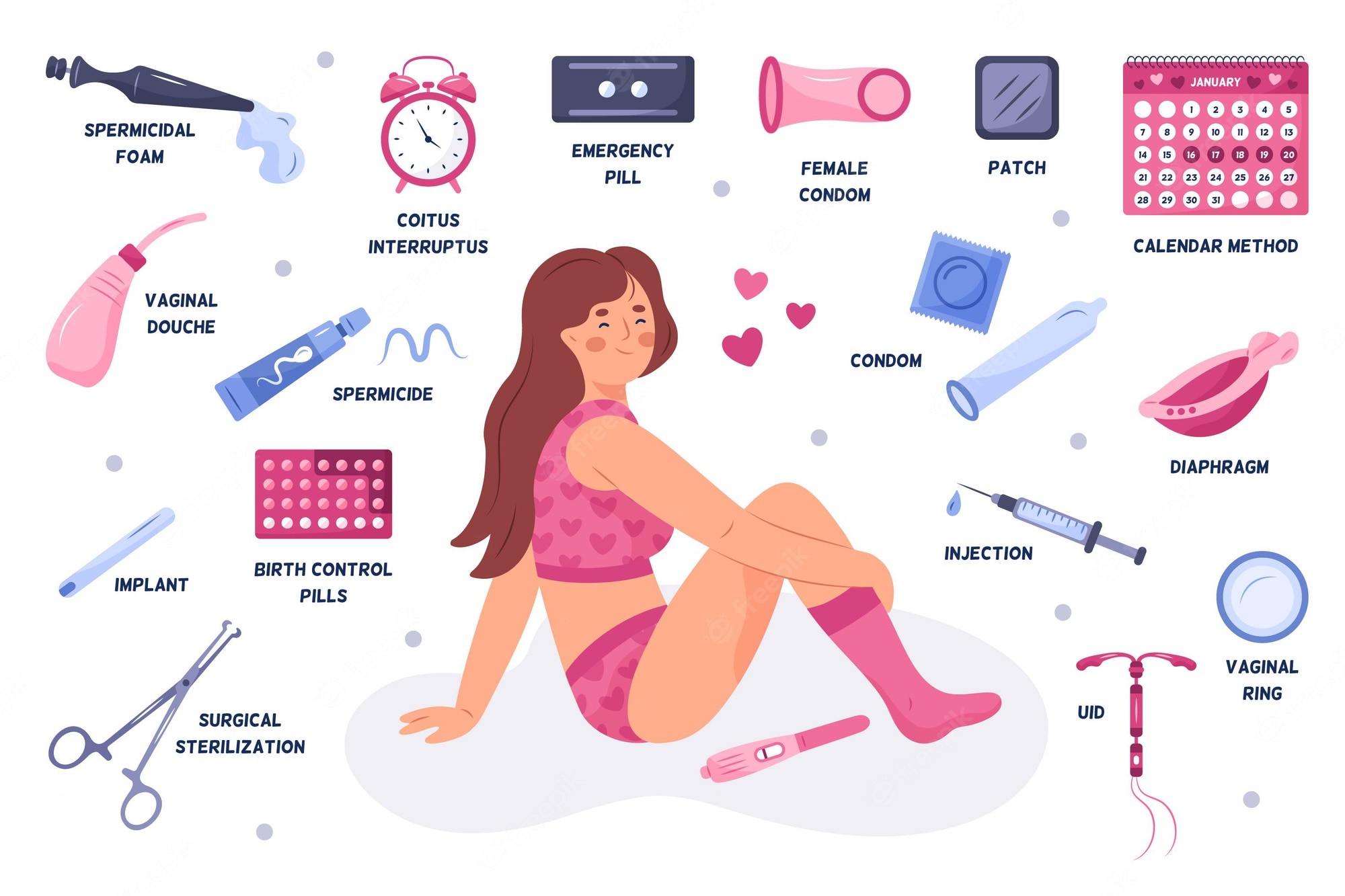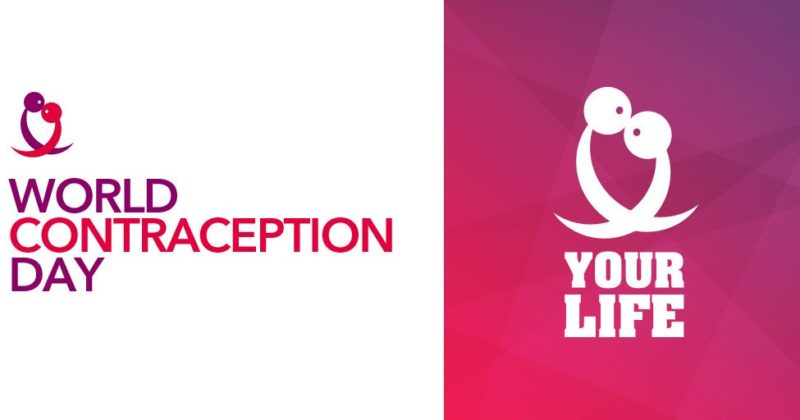By Evi Tsakali,
The designation of a World Contraception Day is the incarnation of the target 3.7 of the UN 2030 Agenda for Sustainable Development, which states that “by 2030, [member-states ought to ensure universal access to sexual and reproductive healthcare services, including family planning, information and education, and the integration of reproductive health into national strategies and programmes”. Its characteristic theme since its conception is “Contraception: it is your life, it is your responsibility” and was first observed on September 26, 2007 by a number of international family planning organizations, including Asian Pacific Council on Contraception, Centro Latinoamericano Salud y Mujer, European Society of Contraception and Reproductive Health, German Foundation for World Population, International Federation of Pediatric and Adolescent Gynecology, International Planned Parenthood Federation, Marie Stopes International, Population Services International, The Population Council, The USAID, and Women Deliver.

Under international human rights law, states must ensure sexual and reproductive health services, including modern forms of contraception, as well as information and education on family planning; it is a matter of respect to the key principles of bodily integrity (Noli Me Tángere, 1887 by José Rizal), autonomy, in addition to those of non-discrimination, equality, and privacy.
The need for accessible, low-cost contraception illustrated in numbers
According to data collected from the World Health Organization and the UN High Commissioner for Human Rights, “Among the 1.9 billion Women of Reproductive Age group (15-49 years) worldwide in 2019, 1.1 billion have a need for family planning; of these, 842 million are using contraceptive methods, and 270 million have an unmet need for contraception. The proportion of the need for family planning satisfied by modern methods, Sustainable Development Goals (SDG) indicator 3.7.1, was 75.7 percent globally in 2019. Yet, less than half of the need for family planning was met in Middle and Western Africa”. All in all, the findings of the literature related to the issue could be summed up in the simple fact that -globally- one in ten women has an unmet need for family planning.

What we have achieved at the time
Nowadays, more women and/or their partners have access to and use contraceptive methods than ever before. This has fostered not only women’s right to determine if they want to get pregnant (and — if this is the case — when, and how much time following a previous pregnancy), but also their right to the pursuit of happiness in general; during the last decades, women in economically developed countries have been much more capable to seize better socioeconomic opportunities because of their freedom to prevent unintended pregnancies. Meanwhile, owing to the eradication of teen pregnancies, more and more adolescent girls have their right to education safeguarded while enjoying safe and pleasurable first sexual experiences.
Nevertheless, this is not the case for LEDCs
As it was insinuated above, despite the progress that is made by the international community on the issue, access to and education on contraception is — on a global scale — still insufficient and uneven, remaining a privilege not destined for Less Economically Developed Countries or women originating from low-income families in general. According to data from the WHO, millions of women (their majority from African and Asian countries) do not have access to contraceptive methods, and — if they wish to avoid pregnancy — do not use modern contraception but seek alternative, often dangerous methods. The situation is even more unfavorable for women experiencing intersecting forms of discrimination; be it because of their race or immigrant status, their work (especially if they are sex workers), their disabilities, or their sexual orientation.

It is your life
On balance, it is undoubtedly that we have made big steps towards adequate access to contraception, as well as effective birth control and family planning; a large number of us can consider ourselves lucky to be alive in a place and time in history when we are capable of determining when, and if, we want to get pregnant. However, it is evident from the aforementioned that the giant leap for mankind is a far step ahead… This is the very essence of celebrating the designation of an International Contraception Day, fighting for the day’s vision; that every pregnancy in the world will be an intended and thus wanted one.
References




